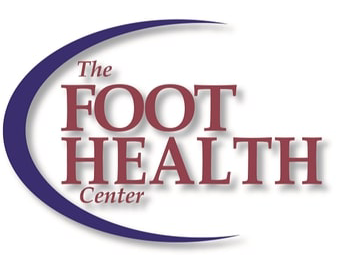
Raynaud’s Disease
Raynaud’s disease affects the blood vessels in the toes and causes temporary skin discoloration and numbness. Episodes of the disease are usually triggered by cold or stress. While it is normal for small blood vessels in the toes to constrict with extreme cold or stress, preserving temperature, individuals with Raynaud’s disease have an exaggerated response. As the blood vessels narrow, blood flow to the toes decreases, causing the skin to lose all color and finally turn red as blood flow returns to normal. Women and those who live in colder climates are most likely to suffer from the condition.
Causes of Raynaud’s disease
There are two forms of the disease, primary and secondary. Primary Raynaud’s occurs by itself and is not associated with another illness. However, secondary Raynaud’s can occur as part of a rheumatic disease such as arthritis, scleroderma, or lupus. A blood test can usually determine whether the disease is primary or secondary. The cause of both primary and secondary Raynaud’s disease is not yet known.
Raynaud’s disease symptoms
Symptoms of Raynaud’s disease include:
- Burning sensation as blood flow returns to the toes.
- Numbness or tingling in the toes.
- Toes that change color, usually from white to blue to red in response to cold or stress.
Treatment of Raynaud’s disease
The disease is more of an annoyance than a risk to one’s health, unless it is associated with an underlying condition that causes other health problems. Episodes of Raynaud’s disease can often be prevented by keeping the toes warm and reducing the emotional stress in one’s life.
When an episode does occur and the toes become numb, they are more vulnerable to injury, thus it is important to wear socks or shoes to protect them. If an injury occurs, it should be treated right away to prevent infection. In extreme cases, an episode may last for an extended period of time, and the lack of blood flow to the toes can cause tissue death. Consult your doctor immediately if you develop an infection or suspect tissue damage.
Back
